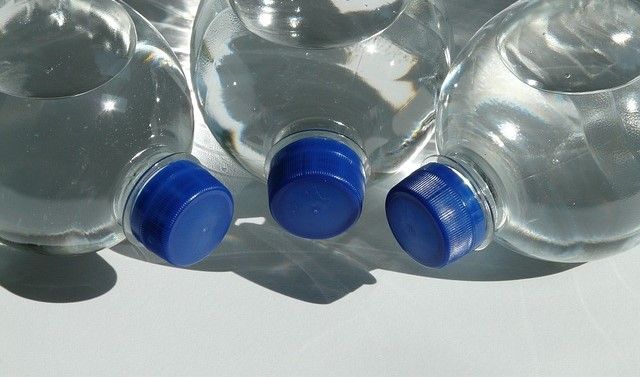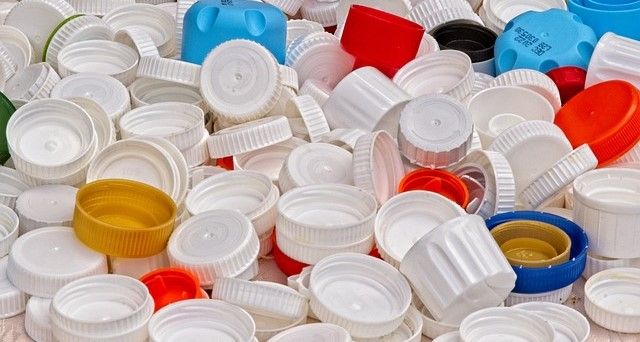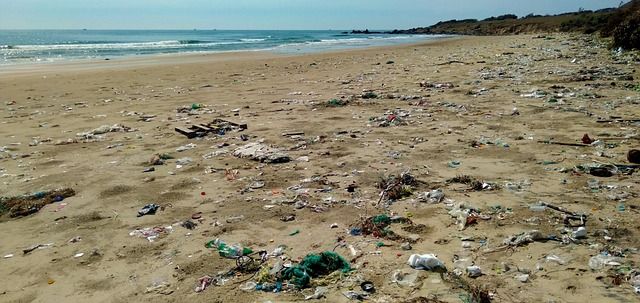Plastic pollution is one of the major problems of our age.
Yet with so many known alternatives to fossil fuel plastics, why aren’t more manufacturers using biodegradable, compostable alternatives?
One of the more recent bioplastics on the market, polyhydroxyalkanoates, or PHA, offers a completely sustainable alternative to oil-based plastics, such as PET. However, finding practical applications for this new biopolymer has not been easy. Or as Rick Lingle, Senior Technical Editor at Plastics News puts it, “PHA holds more promise than real-world results.”
PHA is a bio-based polymer that can be produced with waste and other plant feedstocks using a bacterial fermentation process to convert vegetable oils, sugars, starches, methane, and wastewater to produce a functional biopolymer.
This is disappointing, as unlike other bioplastics such as polylactic acid, PHA composts incredibly easily. Most notably, leaving no microplastics.

The challenge has been, that it is not easy to integrate PHA into current manufacturing systems, as it adds another level of complication and the need to modify standard machinery that is usually used for petroleum-based polymers.
As one manufacturer, Keith Boss, the CEO at Techlong International, Inc. explains, “Providing a PHA resin is not enough, you have to be able to provide a full turnkey solution that includes the adapted machinery to work with the material as seamlessly as it would running traditional polymers.”
For one application, this issue may now have been resolved, as Beyond Plastics (an organisation committed to finding replacements to fossil fuel polymers) has introduced what it claims is the first-ever completely biodegradable plastic bottle cap made with PHA.

The new environmentally friendly cap has the same appearance, texture, and functionality as conventional plastic caps made of petroleum, but maintains key benefits: it can be recycled, composted, and biodegraded even under the most sensitive conditions.
“Our mission at Beyond Plastic is to create positive change by replacing the overwhelming number of single-use plastics that the world produces with sustainable packaging solutions,” says Fred Pinczuk, CTO of Beyond Plastic. “We believe PHA is the answer — it's a natural alternative that has all the performance capabilities of conventional plastics without the dangerous side effects to our planet."
While the issue of bottle caps may seem insignificant, they are in fact a major pollutant. Specifically, the charity Marine Debris Tracker listed bottle caps as its fifth most tracked item in 2021, a statistic supported by one beach clean-up conducted in the Netherlands in 2016 where an astonishing 10,004 single use plastic bottle caps were found on one North Sea beach.
"We are proud to be working with Beyond Plastic in the development of this game-changing bottle cap," says Max Senechal, Chief Commercial Officer at CJ Biomaterials (who developed the biodegradeable cap alongside Techlong International). "We are committed to introducing revolutionary, eco-friendly solutions to replace traditional plastics. This collaboration with Beyond Plastic is helping to transform the plastics industry with sensible, sustainable technology, and we're excited about the progressive impact this will have on a commercial scale."

Ultimately, the issue of plastic waste can only be solved through the development and innovation of polymer technology. By using alternative feedstocks, enhancing polymer durability through nanomaterials, or by improving biopolymers and finding novel application the chemical industry can play its role in cleaning up the oceans and reducing landfill.
“We're poised to revolutionize the plastics industry,” says Lance Collins, Beyond Plastic CEO, “help businesses have a positive impact, and significantly reduce plastic pollution, creating a cleaner planet for generations to come.”
By replacing traditional fossil fuel-based plastics with biodegradable alternatives like PHA, manufacturers can prevent millions of tons of plastic waste from entering our oceans each year. This will help to protect wildlife which often mistakes plastic particles for food, as well as keeping our own bodies plastic free.
With further research and development, the widespread adoption of PHA plastics could lead to cleaner oceans and a more sustainable future for the planet. Bottle caps may seem like a small part of the solution, but it is at least a good place to start.
Photo credit: Hans from Pixabay, Sadegh Shafiee, Sergei Tokmakov, Esq. https://Terms.Law, & Ria